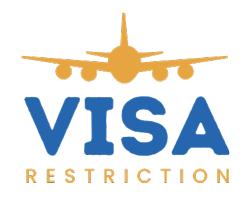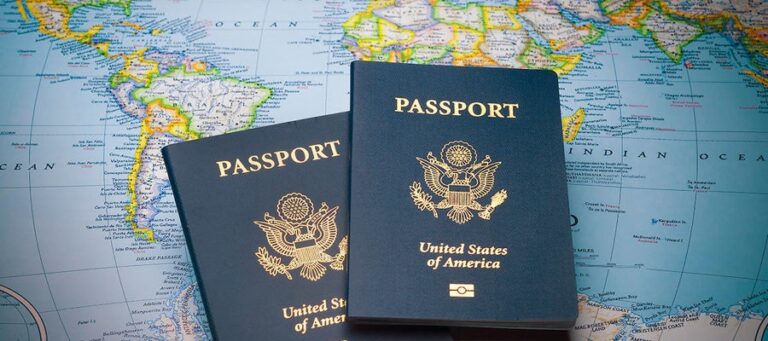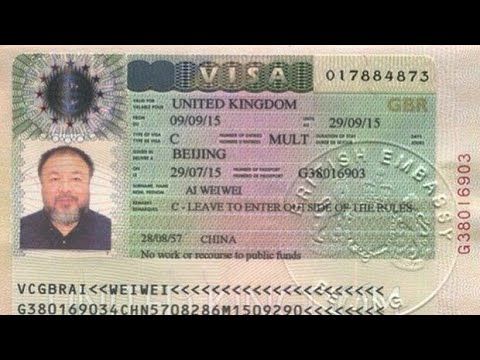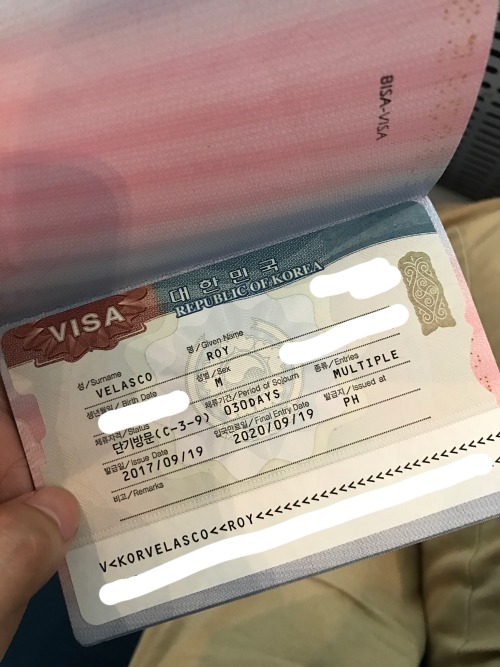Seize the Opportunity: How to Secure Your Indian Medical Visa
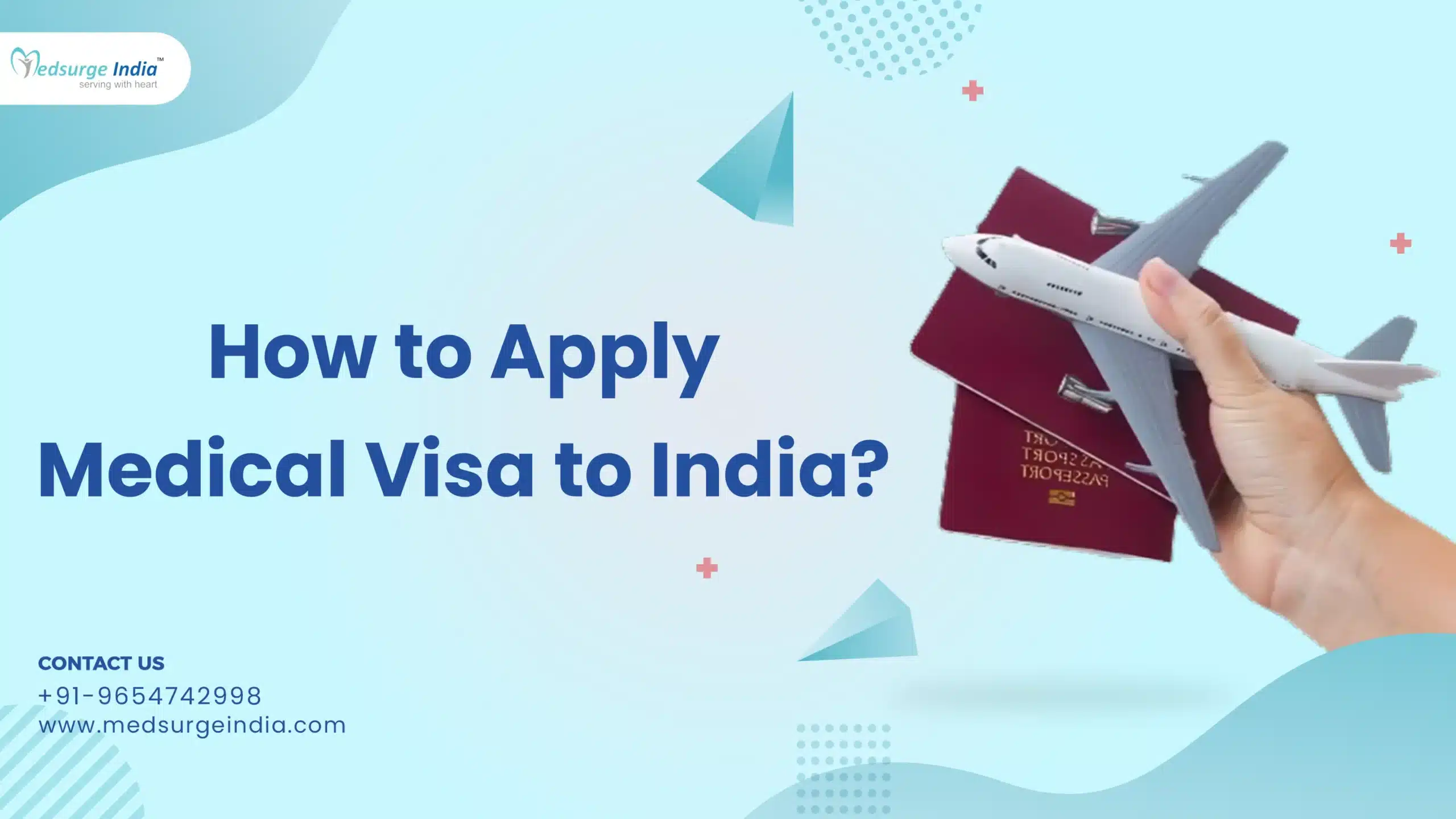
Indian Medical Visa Overview
If you’re planning to travel to India for medical treatment, understanding the purpose and eligibility for the Indian Medical Visa is essential. This visa allows patients to access medical care in India and is designed to make the process smooth and straightforward.
Purpose of Indian Medical Visa
The primary purpose of the Indian Medical Visa is to facilitate medical treatment in Indian hospitals and healthcare facilities. India offers a wide range of medical services, from major surgeries to alternative therapies, and this visa ensures that international patients can take advantage of these services. The Indian Medical Visa (India e-Medical Visa) allows you to undergo any medical procedure or treatment without any limitations and permits up to three entries into India during its 60-day validity period (source).
Eligibility for Indian Medical Visa
To be eligible for an Indian Medical Visa, you must meet certain criteria:
- Medical Condition: You must have a medical issue that requires treatment in India.
- Hospital Approval: You need to provide a letter from the hospital in India where you will be receiving medical treatment.
- Accompanying Attendants: You can be accompanied by up to two individuals, who will need to apply for a separate Medical Attendant Visa.
For U.S. citizens, additional visa requirements need to be met and specific guidelines followed (indian visa requirements).
| Requirement | Details |
|---|---|
| Visa Validity | 60 days (extendable up to 180 days) |
| Entries Permitted | 3 entries |
| Accompanying Attendants | 2 attendants (separate Medical Attendant Visa required) |
| Processing Time | Usually takes 72 hours for approval |
For more information on eligibility and steps to apply, visit our detailed guide on the Indian Visa application process and check the Indian visa fees.
Make sure to also review other related types of visas such as Indian Entry Visa or Indian Business Visa depending on your travel needs.
Application Process for Indian Medical Visa
Securing your Indian Medical Visa involves a few essential steps. Let’s dive into the procedures and requirements to ensure a smooth application experience.
Applying Online
The Indian Medical Visa application is primarily an online process, allowing you to apply from the comfort of your home. Here’s a simple step-by-step guide:
- Visit the official Indian Visa website: Begin by visiting the Indian Visa Online portal.
- Fill out the application form: Input your personal details, passport information, and specifics about your medical treatment.
- Upload necessary documents: Ensure you have digital copies of all required documents ready for upload.
- Pay the visa fee: Complete the application process by paying the visa fee online using a secure payment method. For details about the fees, check out the Indian visa fees section.
Required Documents
When applying for an Indian Medical Visa, specific documents need to be submitted to support your application. Make sure these are prepared and easily accessible:
- Valid Passport: Your passport must have at least six months of validity from the date of your intended arrival in India and at least two blank pages.
- Recent Photograph: A digital passport-sized photograph that meets the Indian visa photo requirements.
- Hospital Letter: A letter from the recognized hospital in India where the treatment is planned. The letter should detail the medical condition and the proposed treatment.
- Visa Application Form: Complete and duly signed visa application form.
For a comprehensive list, visit the Indian visa documents checklist.
Approval and Processing Time
Once you have submitted your application and the required documents, the processing of your Indian Medical Visa generally takes around 72 hours. However, it is advisable to apply well in advance of your planned travel dates to account for any unforeseen delays.
| Step | Time Required |
|---|---|
| Online Application Submission | Immediate |
| Document Verification | Up to 72 hours |
| Visa Approval and Notification | Up to 72 hours |
During this period, your application will be reviewed, and if required, additional information may be requested. Approved visas will be sent to the email address provided during the application process. For more details on timelines, visit Indian visa processing time.
For U.S. citizens planning to visit India for medical treatment, ensure you adhere to all visa requirements for U.S. citizens, such as having a valid Indian visa or an OCI card, and apply for the necessary permits well in advance.
By following these guidelines, you can effectively navigate the application process for your Indian Medical Visa, ensuring a smooth and stress-free experience on your way to receiving the medical treatment you need in India. For related articles on different Indian visas, see types of Indian visas.
Indian Medical Visa Details
Obtaining an Indian Medical Visa can be an essential step for those seeking medical treatment in India. Below, we detail key aspects such as visa validity, and the policy on entries and accompanying attendants.
Visa Validity
The Indian Medical Visa, also known as the India e-Medical Visa, is initially valid for 60 days. However, under the new visa policy of India, it can be extended up to 180 days if needed. The extension is often granted to accommodate extended medical treatments and follow-up visits (Indian Visa Online).
| Visa Type | Initial Validity | Extension Period |
|---|---|---|
| Indian Medical Visa | 60 days | Up to 180 days |
For more information on the validity of different Indian visas, visit our page on Indian visa validity period.
Entries and Accompanying Attendants
Holders of the Indian Medical Visa are allowed three entries into India within its 60-day initial validity period (Indian Visa Online). This multiple-entry feature is beneficial for patients who may need to travel back and forth for various treatments, consultations, or follow-ups.
Additionally, the visa policies permit up to two attendants to accompany the patient. These attendants must apply for a separate Medical Attendant Visa. This is particularly useful for those requiring assistance during their medical stay in India.
| Visa Type | Entries Allowed | Accompanying Attendants |
|---|---|---|
| Indian Medical Visa | 3 | 2 (with Medical Attendant Visa) |
For a comprehensive overview, you can explore the different types of Indian visas and their specific requirements on our blog.
To better prepare for your trip, make sure to review the full Indian visa requirements, and if you plan to stay over the initial period, familiarize yourself with the visa extension rules.
Ensuring you understand these aspects of the Indian Medical Visa will aid in a smooth and stress-free experience during your medical journey to India.
Important Information for U.S. Citizens
Understanding the specific requirements and guidelines for U.S. citizens is crucial when applying for an Indian medical visa. This section outlines the essential details, including visa requirements and travel restrictions.
Visa Requirements for U.S. Citizens
All U.S. citizens visiting India must have a valid Indian visa or an Overseas Citizen of India (OCI) card. U.S. citizens cannot enter India without these documents, regardless of the purpose of visit or duration. For those intending to stay solely for tourist purposes for less than 60 days, they must apply for an eVisa at least four days before arrival (United States Department of State). For longer stays or purposes other than tourism, a regular visa is required.
| Visa Type | Application Method | Purpose | Duration |
|---|---|---|---|
| Tourist eVisa | Online | Tourism | < 60 days |
| Regular Visa | Online/Embassy | Stay ≥ 60 days or other purposes | Variable |
| OCI Card | Online/Embassy | Multiple entry, long-term | Indefinite |
For a step-by-step guide on how to apply, visit our article on applying for an Indian visa online.
Travel Restrictions and Guidelines
There are specific travel restrictions and guidelines that U.S. citizens must follow when visiting India. U.S. government employees and military personnel must obtain country clearance if traveling on official orders. Additionally, there are prohibitions on traveling to certain high-risk areas without prior authorization, such as parts of Jammu and Kashmir, the India-Pakistan Border, and regions affected by Maoist extremist groups (United States Department of State).
For U.S. citizens staying in India over 180 days for study, research, work, mission activities, or residency, registration with the Foreigners Regional Registration Office (FRRO) within 14 days of arrival is mandatory. Failure to comply can result in fines and penalties (United States Department of State).
| Activity | Requirement | Time Frame |
|---|---|---|
| Stay > 180 days | Register with FRRO | Within 14 days |
| Official travel (military, gov) | Obtain country clearance | Before travel |
| High-risk areas travel | Prior authorization | Before travel |
For more details on visa rules and extensions, see our guide on Indian visa requirements and Indian visa extension rules.
U.S. citizens who overstay their Indian visa or violate visa terms may face significant penalties, including fines, imprisonment, and the need for an exit permit. Obtaining an exit permit can take up to 90 days (United States Department of State). For assistance in such situations, visit our Indian visa helpline.
Understanding these requirements and guidelines will ensure a smooth process when obtaining your Indian medical visa and enjoying your stay in India.
Extended Stays and Registration
When planning an extended stay in India, understanding the requirements for longer visits and ensuring proper registration is crucial. This section addresses the necessary steps for those with an [Indian medical visa] seeking to stay beyond typical timeframes.
Stays Over 60 Days
If you plan to stay in India for over 60 days, specific regulations must be followed. All U.S. citizens must hold a valid Indian visa, such as the Indian medical visa or an OCI card. For any stay exceeding 180 days, you are required to register with the Foreigners Regional Registration Office (FRRO) within 14 days of arrival (United States Department of State). This applies to those in India for study, research, work, mission activities, or residency.
Failing to register can result in fines and penalties. Exceptions may exist, so always verify your specific requirements when applying for your visa or upon entry into India. For additional details on Indian visa categories suitable for extended stays, see types of Indian visas.
Foreigners Regional Registration Office
The Foreigners Regional Registration Office (FRRO) is the designated authority for registering foreigners in India. Here’s how to navigate the registration process:
- Locate the Nearest FRRO: Ensure you know the location and contact details of the nearest FRRO in your area. Major cities like Delhi, Mumbai, and Bangalore have dedicated offices.
- Prepare Required Documents:
- Valid Indian visa and passport
- Proof of residence (rental agreement, utility bill, or hotel booking confirmation)
- Passport-sized photographs (ensure they meet Indian visa photo requirements)
- Medical certificate (if applicable)
- Submit Registration Form: Complete the registration form available online or at the FRRO office. Attach the required documents and photographs.
- Attend Appointment: Schedule an appointment (if necessary) and attend it with all original documents.
For stays extending beyond 180 days, failure to comply with registration can lead to issues such as fines or even clearance requirements from the Ministry of Home Affairs to leave the country (United States Department of State). For more information on handling visa extensions for prolonged stays, visit our page on Indian visa extension rules.
By following these guidelines, your stay in India can be smooth and free of unnecessary complications. For more details on specific visa requirements for U.S. citizens, check out our section on Indian visa requirements.
OCI Card Information
Overview of OCI Card
The Overseas Citizen of India (OCI) card is a long-term visa option that offers multiple benefits to individuals of Indian origin. It allows for seamless travel to and from India, and provides several rights without the need to acquire Indian citizenship.
The OCI card, similar to a U.S. green card, grants its holder the ability to reside, work, and study in India. It’s important to note that while India does not permit dual nationality, the OCI card offers many privileges akin to that of an Indian citizen, except for voting rights (United States Department of State).
To be eligible for an OCI card, individuals must fall into one of the following categories:
- Former Indian citizens who had to renounce their Indian citizenship.
- Children or grandchildren of Indian citizens.
- Spouses of Indian citizens or OCI cardholders.
For detailed application requirements, visit our page on Indian visa requirements.
Benefits of the OCI Program
The OCI Program offers a host of benefits, making it a preferred choice for many:
- Multiple Entry Lifelong Visa: The OCI card acts as a multiple entry visa with a lifelong validity, offering flexibility for travel.
- Exemption from Registration: OCI cardholders are exempt from registering with the Foreigners Regional Registration Office (FRRO) for any length of stay in India.
- Equal Treatment with NRIs: OCI cardholders are treated on par with Non-Resident Indians (NRIs) in matters of financial, economic, and educational opportunities.
- Ownership Rights: The ability to own property in India, barring agricultural land.
| Benefit | Details |
|---|---|
| Multiple Entry | Lifelong, no reapplication needed |
| Registration Exemption | No need to register with FRRO |
| NRI Equality | Financial, economic, and educational parity with NRIs |
| Property Rights | Can own property except agricultural land |
| Work and Study | Right to work and study in India |
OCI cardholders gain comprehensive rights and privileges making it easier to maintain ties with India without the complications of visa applications. For more information on the benefits and much more, please see our section types of indian visas.
Consider the OCI card if you are of Indian origin and frequently travel to India, or if you plan on long-term stays. For specific guidance, you may also explore the Indian visa helpline for personalized assistance.
